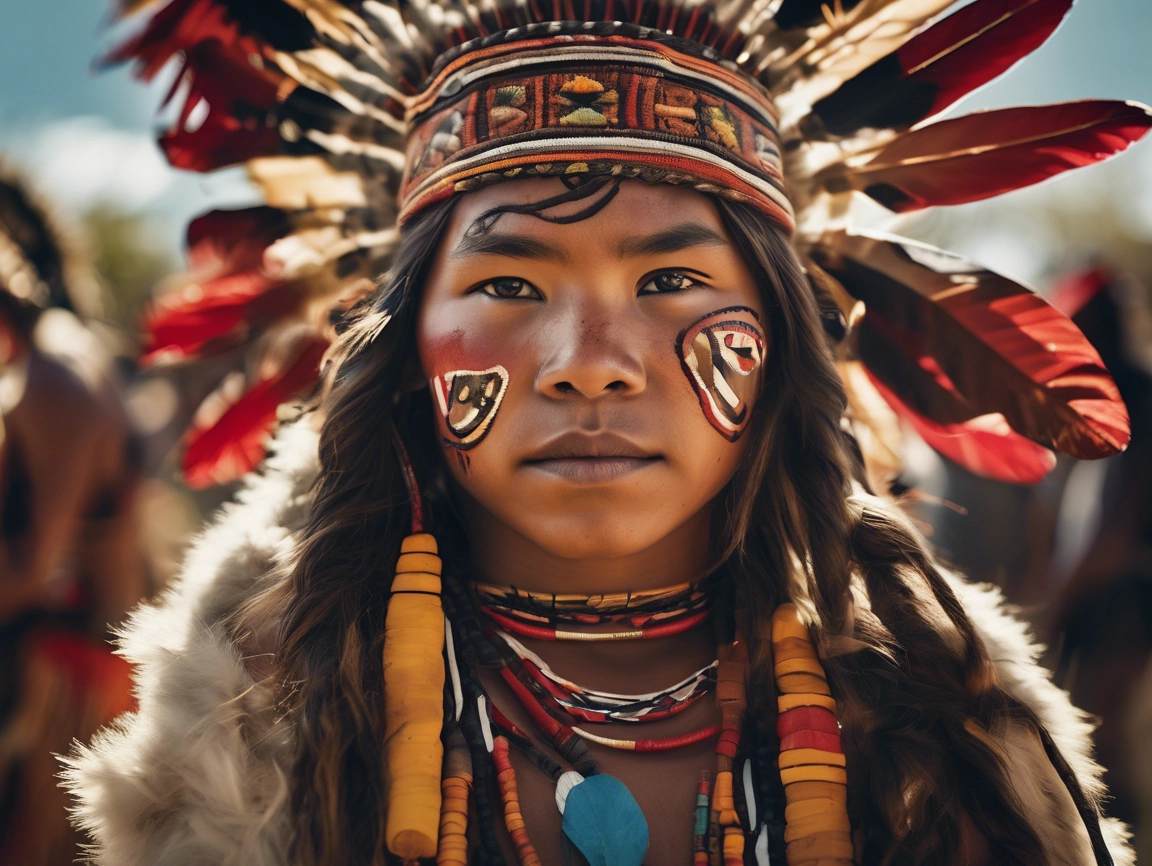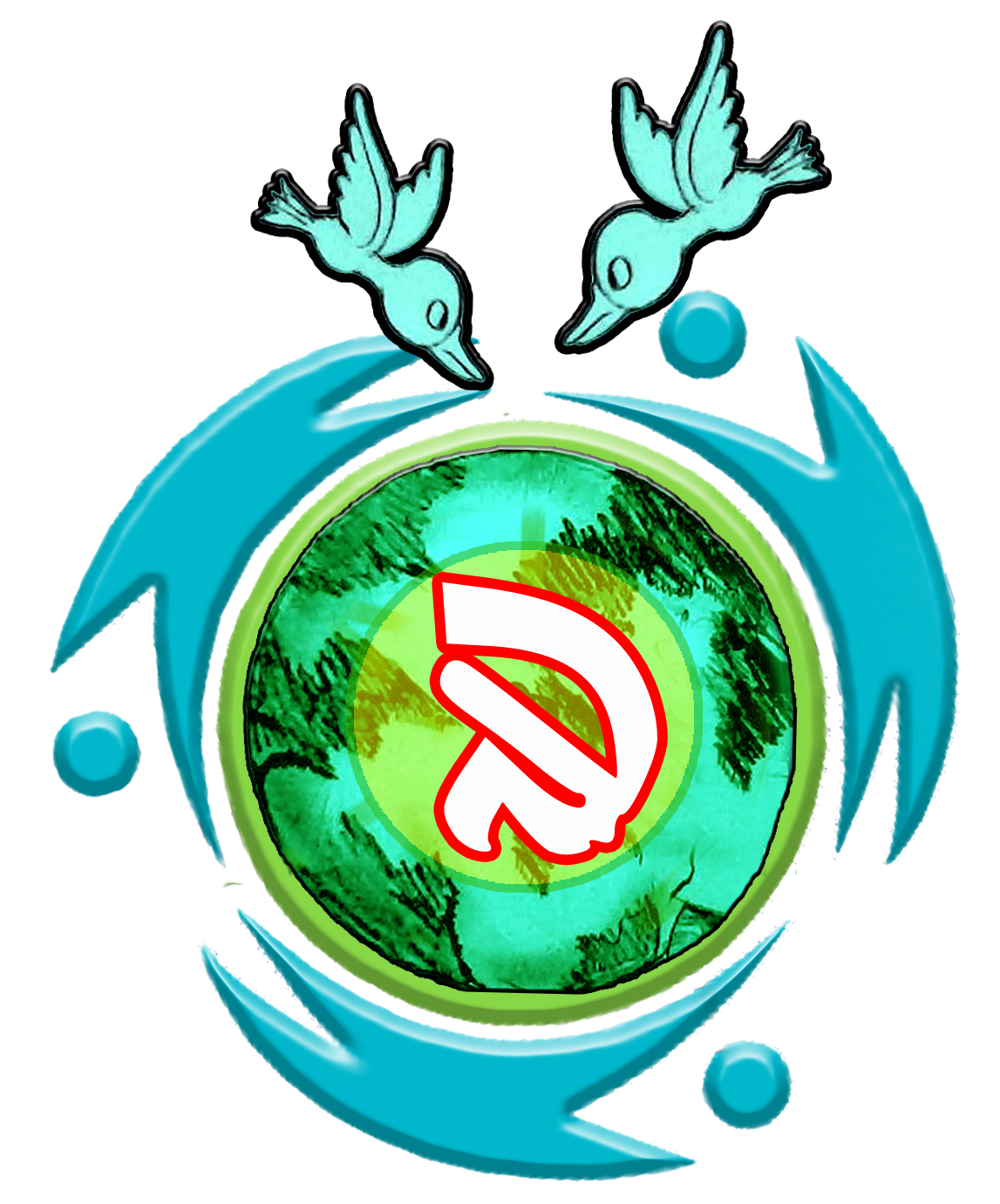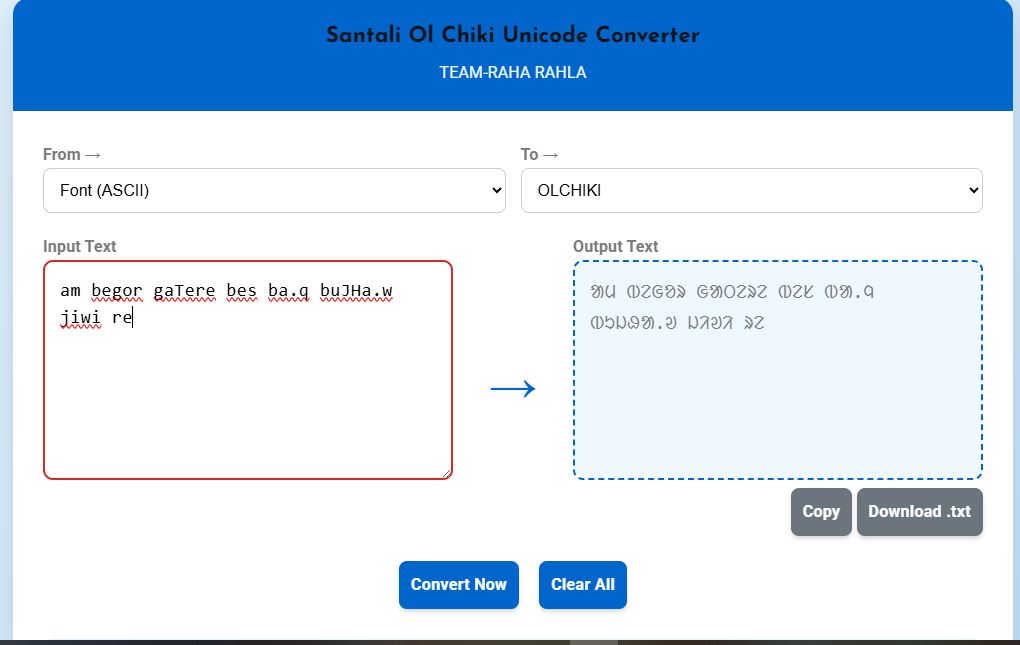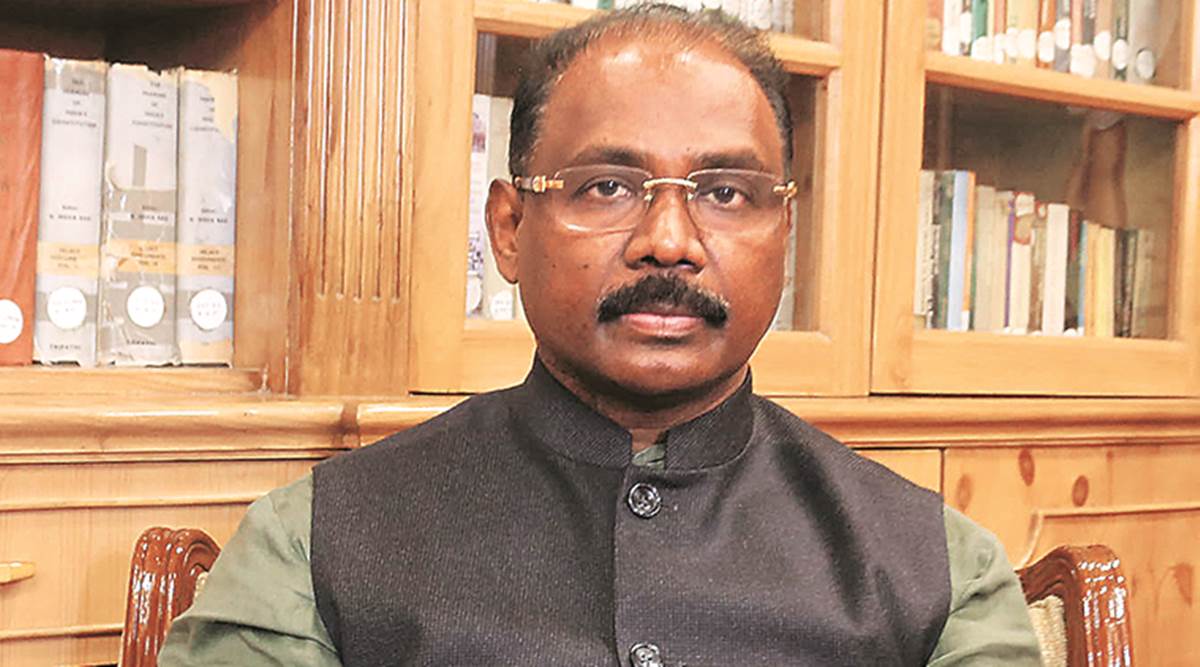
Celebrating World Indigenous Day August 9th: Honouring Culture, Rights, and Resilience
Every year on August 9th, people worldwide mark World Indigenous Day. This special day shines a light on Indigenous peoples. It celebrates their rich cultures and recognizes their unique rights. The United Nations set this date to bring global attention to these important matters.
Indigenous communities offer so much to our world. They bring diverse languages, deep wisdom, and amazing contributions. For ages, these groups have faced struggles, yet their strength and spirit never faded. This day honors their past triumphs and looks ahead to a brighter future.
Understanding the Significance of August 9th
The UN Declaration on the Rights of Indigenous Peoples (UNDRIP)
A major step for Indigenous rights came in 2007. That year, the UN General Assembly adopted the UN Declaration on the Rights of Indigenous Peoples, or UNDRIP. This vital document lays out many key principles. It protects collective rights and the right to self-determination.
UNDRIP also speaks to cultural preservation, ensuring Indigenous ways of life continue. It firmly supports their land rights. These rights are fundamental for their survival and well-being. Even with UNDRIP in place, putting these ideas into practice across the globe remains a big challenge.
Historical Context of Indigenous Day
The idea for World Indigenous Day started long before the 2007 declaration. Its roots stretch back decades. Early efforts to recognize Indigenous peoples began in the late 1970s. The first International Conference on Indigenous Peoples met in Geneva in 1977.
Later, UN working groups picked up this cause. Over time, the day changed from simply noticing Indigenous existence. It grew into a powerful platform. Now, it serves to champion their rights, well-being, and a fair place in the world.
Indigenous Peoples: A Tapestry of Global Diversity
Cultural Richness and Heritage
Indigenous peoples worldwide show incredible cultural wealth. They have a vast array of unique languages, each telling a story. Their spiritual beliefs are diverse and deeply held. You can see this richness in their art and music too.
Consider the vibrant storytelling traditions of Native Americans. Think of the sacred ceremonies held by Aboriginal Australians. Many Indigenous groups use ancient medicinal knowledge. Their art forms, like the intricate weaving of the Andean peoples or the stunning carvings of Māori in New Zealand, are breathtaking. Keeping these languages and traditions alive is vital for tomorrow’s generations.
Traditional Knowledge and Sustainable Living
Indigenous communities have a profound understanding of their surroundings. They manage natural resources with great care. This deep wisdom helps ensure a healthy planet for everyone. They know how to live in balance with nature.
For instance, many Amazonian tribes practice sustainable farming methods. These methods protect the rainforest’s biodiversity. In North America, some Indigenous nations have historically used controlled burns. This helps keep forests healthy and prevents huge wildfires. This ancient ecological knowledge is still very important today. It offers solutions for modern environmental issues. This includes fighting climate change and preserving diverse species.
Indigenous Rights and Contemporary Challenges
Land Rights and Resource Management
Indigenous peoples have a deep, unbreakable bond with their ancestral lands. These territories are not just property. They are the source of their identity, culture, and way of life. Losing these lands means losing part of themselves.
History shows a sad pattern of colonization and land grabbing. Resource extraction, like mining or logging, often happens without their consent. This has greatly hurt Indigenous communities for many years. However, Indigenous groups are fighting back. Around the world, they are going to court. They are standing strong to protect their land rights and to control their own resources.
Social Justice and Equality
Indigenous peoples often face unfair treatment. They experience systemic bias and are pushed to the side. This marginalization affects many parts of their lives. Getting proper healthcare can be tough for them. Access to good education is often limited.
Finding fair economic opportunities is also a struggle. They often battle against harmful stereotypes. These untrue images hurt their standing in society. Many people are working hard to change this. They want to show Indigenous peoples in an honest, respectful way in movies and news.
Honouring Indigenous Contributions and Empowering Futures
Indigenous Voices in Global Dialogue
Indigenous leaders are stepping onto the world stage. Their organizations are active in big international meetings. They bring their unique perspectives to global talks. These voices are powerful and needed.
For example, Indigenous peoples are leading efforts to fight climate change. They are at the forefront of conservation movements. Their traditional ways of managing land offer solutions for the whole planet. More and more, governments are listening. Indigenous viewpoints are now helping shape national and international policies.
Actionable Steps for Support and Allyship
You can make a difference in supporting Indigenous peoples. Start by learning. Research the local Indigenous histories, cultures, and current issues in your area. Understanding their struggles and strengths is a powerful first step.
Support Indigenous-owned businesses and artists directly. When you buy their authentic products or services, it helps their economies. This also supports their cultural traditions. You can also speak up for policy change. Contact your lawmakers and ask them to support Indigenous rights and self-determination. Your voice can help create real change.
Conclusion
World Indigenous Day on August 9th is a moment to pause and reflect. It reminds us of the endless beauty of Indigenous cultures. It highlights their ongoing fight for basic rights. Their resilience and contributions are a gift to us all.
Let’s continue to learn, respect, and support Indigenous peoples every day. Building a more just and fair future is a shared task. It must be a future where Indigenous peoples are fully valued and their rights upheld.



